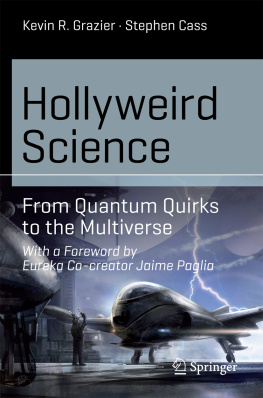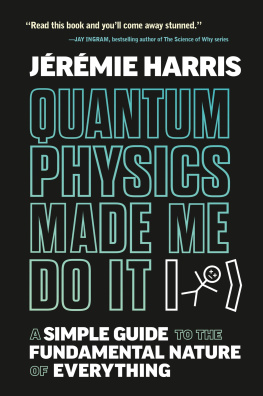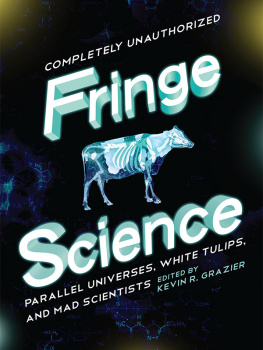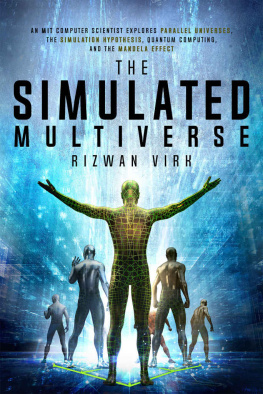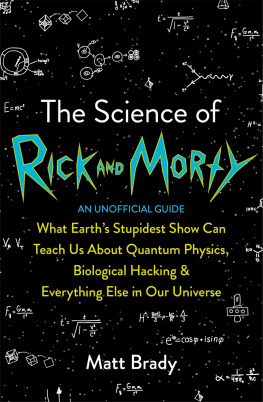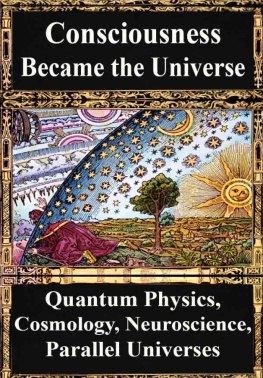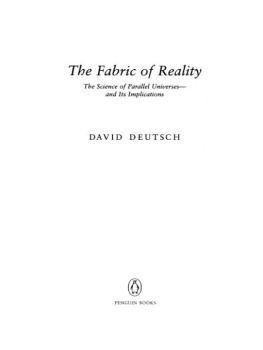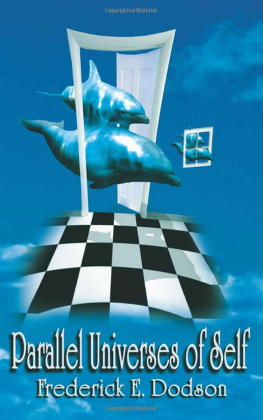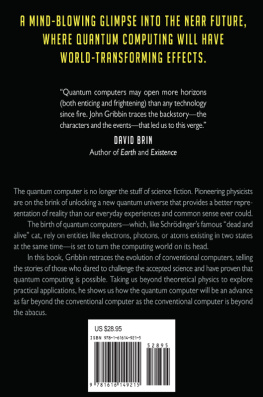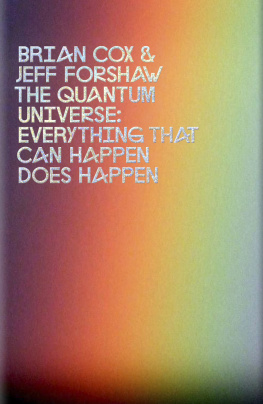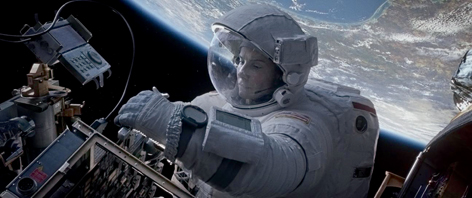1. Introduction
Science delivers Wow! moments like nothing else on screen. For viewers, science not only grounds a story in the natural world, it adds a special thrill that comes from the possible, the plausible, the believable, and the what if? While magic can be spectacular, no matter how hard we wish, there are no magic swords, magic wands, or cloaks of invisibility. On the other hand, a crashed spacecraft looming out of the mists of an alien planet, a patient snatched from the jaws of death by a risky medical breakthrough, or a smug murderer betrayed by a few molecules left at a crime scenewhy not? Screen magic does exist, and science can be one of its key spell casters.
Screenplays that rely heavily upon science must, therefore, be written with care, or the result may not be an Oh, wow! moment, but rather its arch nemesis, the Oh, please! moment. An Oh, please moment happens when events unfold on screen that are so at odds with how the real world works, or how the viewer perceives the world works, that they exceed the limits of artistic license. The viewers willing suspension of disbelief is, itself, suspended. When an Oh, please moment occurs, viewers are forcibly expelled from the screenwriters creative vision and emotionally cast adrift. No longer immersed in the narrative on screen, viewers become painfully aware that they are watching a cast of actors stomping around on sets where the paint is barely dry, and the craft services table just out of shot.
In recent years the accuracy of the science portrayed in productions for both big and small screens has come under increasingly close scrutiny. There are no shortage of scientists, authors, science writers, bloggers, popular culture reporters, and even Monday Morning Quarterbacks, who have written about scientific accuracy (or, typically, its lack) in Hollywood productions. Sometimes the quarterbacking starts even before the final reel, as happened when astronomer Neil deGrasse Tyson criticized 2013s Gravity (Fig. .
The National Academy of Sciences has even gotten into the science accuracy fray. Chartered by Congress in 1863 under an Act signed by Abraham Lincoln, the National Academy of Sciences mission is to provide scientific advice to the nation. Located on the campus of UCLA, the National Academys Science & Entertainment Exchange provides scientific consultation to the entertainment industry professionals with highly-trained scientists and engineers. The goal of the exchange is to use the vehicle of popular entertainment media to deliver sometimes subtle, but nevertheless powerful, messages about science.
Fig. 1.1
Mission specialist Dr. Ryan Stone ( Sandra Bullock ) installs instrumentation to the Hubble Space Telescope in Gravity ( 2013 ). (Copyright Warner Brothers Pictures. Image credit: MovieStillsDB.com)
Still the issue of scientific accuracy in Hollywood productions is a very complex one, and not every scientific inaccuracy is an Oh, please! moment. Not only is the definition of what constitutes an Oh please! highly subjective, fictional shows and movies are not intended to be documentaries. Simply hiring a science consultant on the production is no guarantee of perfect scientific accuracy: one of the operational principles of the Science and Entertainment Exchange is that, in a conflict between story and science, story wins every time. The Exchange even counsels new science consultants that, We are not the science police.
In fact, a wonderful irony is that while many have lamented the inaccuracies of the science in Hollywood science fiction, it is a genre defined, in part, by the inclusion of at least one key science inaccuracyoften many more in the case of TV and film science fiction. Nearly all science fiction stories rely upon at least one discovery or invention that doesnt exist in the annals of todays knowledge. If this isnt the case, then the story at hand isnt science fiction, its just a science-themed thriller, drama, comedy, et cetera.
So when scientists complain about how they and their fields of study have been portrayed by Hollywood, such complaints should be tempered with an understanding of story goals and constraints, as well as several different classes of common psychological biases that all people tend to share. Most scientists are not storytellers. Accomplished storytellers understand how to take a viewer into a fictional world and provide both plot and characters that viewers care enough about to watch for an hour or twomuch longer in the case of serialized stories.
Conversely, good storytellers also know what will cause viewers to lose interest. It is often the case that screenwriters are being neither thoughtless nor stupid when they take shortcuts around fundamental truths depicting aspects of real world sciencefor example, the reality that scientific advances occur on the back of vast amounts of mind-numbingly detailed and tedious labor. Just as dramatic crime series rarely include scenes of detectives carefully filling out the mounds of paperwork essential to a successful prosecution, or arguing with their IT department over a broken printer, so, too, the practice of science must be compressed and condensedespecially on television where the writer for an hour-long drama has, in actuality, a mere 42 minutes to tell a complete storyone with a beginning, a middle, and an endand which includes five act breaks for commercials. Just as the drama of human relationships is often heightened and accelerated, so too are scientific phenomena or the rate of technological processes often exaggerated. (If you can accept that, say, two ex-lovers can resolve major emotional conflicts over the space of a few hours or days while being shot at by international terrorists, then give a break to the screenwriter who has a doctor administer a drug that works in 20 minutes of screen time, rather than in 20 hours.)
In this book, we will examine the science that appears in Hollywood productions from both the scientists and the storytellers points of view (we will also make the occasional foray into UK productions like Doctor Who , The Hitch-Hikers Guide to the Galaxy , the under-appreciated Space:1999 , and the vastly under-appreciated Blakes 7 ). One of us (KRG) has spent a career as a professional scientist and science consultant; the other (SAC) has spent a career observing scientists and engineers, and reporting on their advances to non-specialists.
It has been said that, It takes a library to write a book. In addition to our research, weve also spent nearly 24 hours interviewing numerous writers, producers, directors, and top science advisorsthe people who create the shows you love. Weve also interviewed psychologists and pop media experts. One of the most enjoyable aspects of creating this book has been when our research has revealed that the biases weve brought into the project were erroneous, and weve been led into other fascinating, and often counterintuitive, directions. One delightful surprise that weve encountered is that observations we make as consumers of TV and film today, observations we think are unique to the high-tech VFX-laden productions of the twenty first century, often can be found in critiques of film from the early twentieth century. Sometimes everything new is old.

